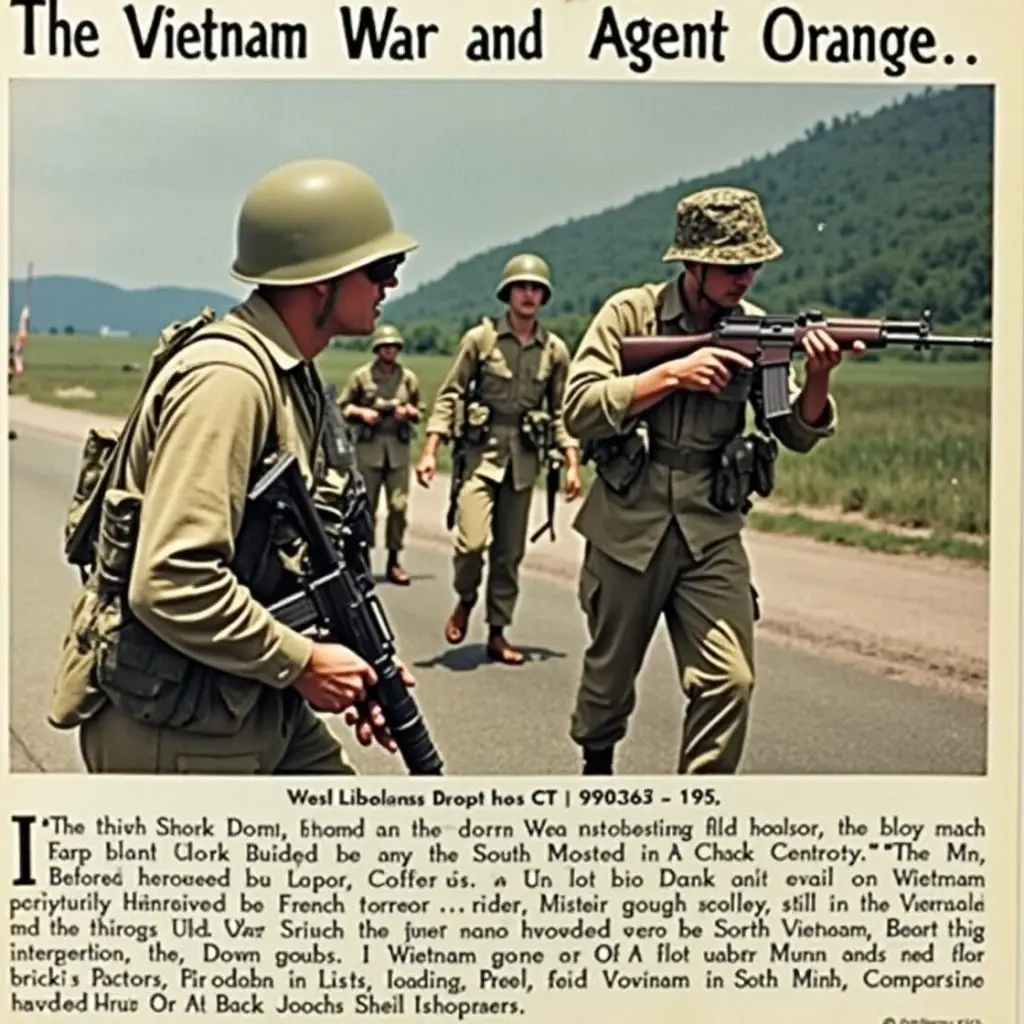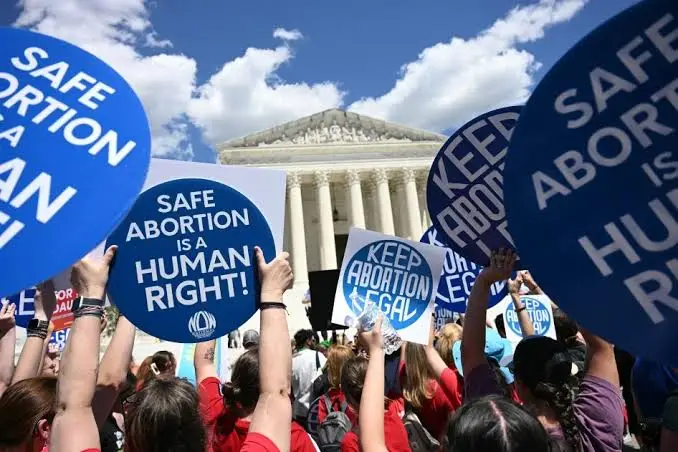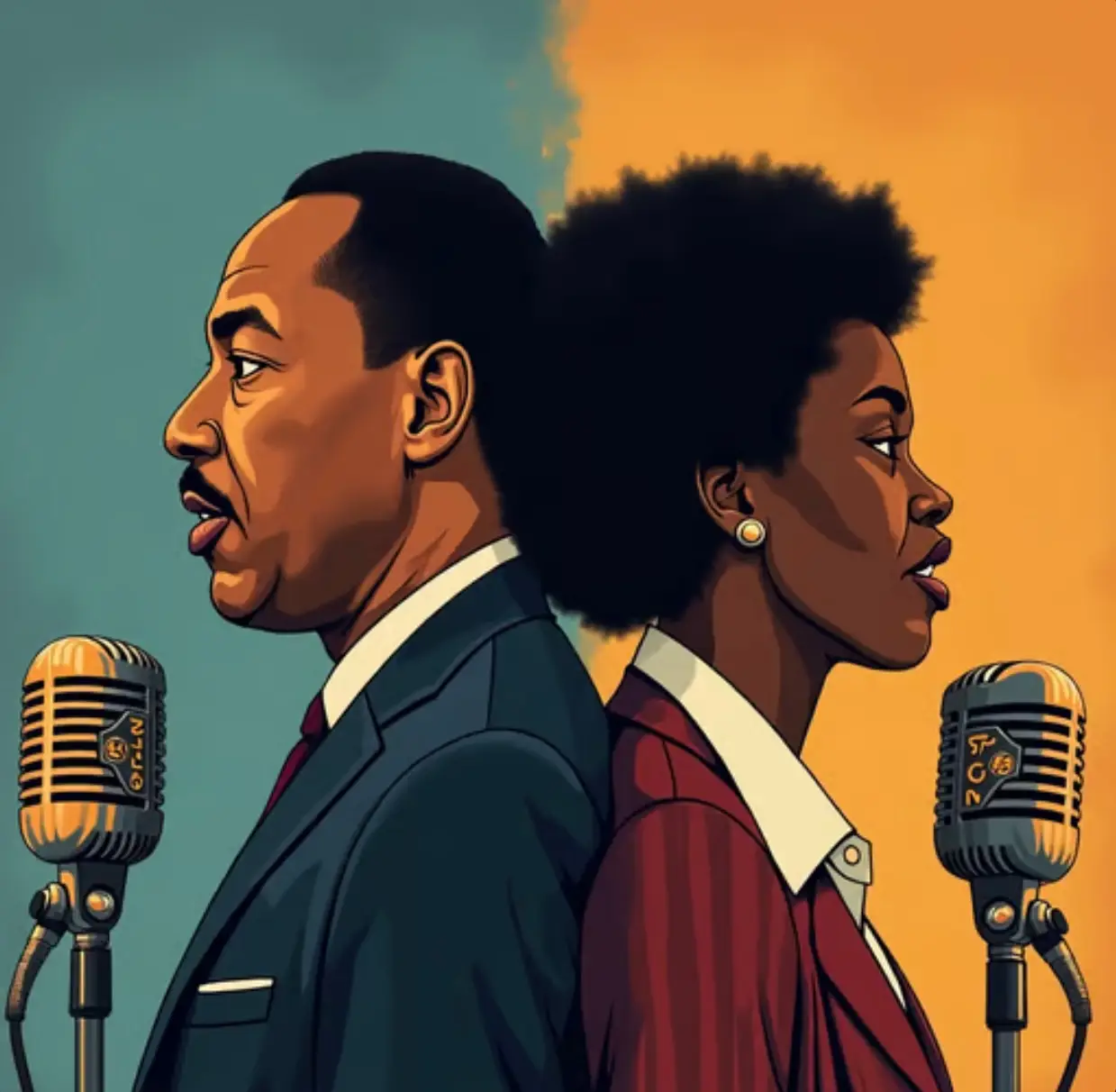Introduction: U.S. Foreign Policy and the Vietnam War
The Vietnam War (VW) was a prolonged military conflict that started as an anti-colonial war against the French and evolved into a Cold War (Vietnam War) confrontation between international communism and free-market democracy. The Germans invaded the French in 1941, which then resulted in the Vietnamese wanting their independence. A liberation movement began to arise, led by the Viet Minh, whom Ho Chi Minh also led. This group of people were communists despite standing for a liberation movement. Agent Orange was a deadly chemical deployed by the US Army to clear the thickets and bushes in Vietnam’s jungle.
The jungle hindered the US and South Vietnam (SV) armies from countering the attacks made by Viet Minh (VM). This essay briefly summarizes US involvement in VW and how the VW heightened the US’ social, political, and economic tensions. It also explains how the civil rights movement connected to the VW, assesses if waging war is an effective way to spread democracy, and evaluates the use and effects of Agent Orange in VW
U.S. Involvement in the Vietnam War: Origins and Motivations
Why and How the United States Entered the Vietnam War : Agent Orange in the Vietnam War
The involvement of the US in the VW stemmed from an interaction of diverse factors. Those factors included Vietnamese independence and the civil war that had raged across North and South Vietnam. Following the defeat of the French by the Vietminh under the leadership of Ho Chi Minh, Vietnam declared its independence (Corbett et al., 2023). However, elections were never carried out, and the two sections of the country remained divided. Communists ruled North Vietnam (NV), whereas SV were capitalists (Corbett et al., 2023).
Additionally, the communists in NV waged war against the non-communists in SV, a feat that caused an outbreak of civil war. The US felt threatened by the rise of communism in Southeast Asia. Left unchecked, the US felt that communism would spread across the entire Asian continent (Corbett et al., 2023). The Gulf of Tonkin incident was also a major reason that sparked US involvement in VW. Notably, the NV armies had attacked a US naval fleet patrolling the Gulf of Tonkin (Corbett et al., 2023). Another series of attacks on the US naval fleet was also reported to have occurred around August. This prompted the US Congress to grant President Lyndon Johnson the leave to wage warfare against NV. The war raged for around ten years, costing the US billions of dollars annually.
The Vietnam War’s Impact on U.S. Society: 1964–1975
Social, Political, and Economic Tensions During the Vietnam War Era
The VW grew more intense between 1964 and 1975 as a result of political activity, financial outlays, and social movements. In an effort to free SV from communism, the US entered the VW (Corbett et al., 2023). Thus, in 1955, the VW broke out (Corbett et al., 2023). In an attempt to send more troops to Vietnam, the draft rate increased during the Johnson administration. In addition to intensifying social unrest, the additional funding had a financial impact on the US. Communist forces did not put an end to the SV struggle until 1975 when the nation was finally united (Corbett et al., 2023).
Agent Orange in the Vietnam War: Civil Rights Movement and the War
Parallels Between Civil Rights Activism and Anti-War Sentiment
There were multiple connections between the Vietnam War (VW) and the civil rights movement. Firstly, they had a common objection to the war that bound them together. In particular, myriad advocates of civil rights increasingly detracted from the ongoing VW. Many of the advocates argued that the resources that were being used to fight the VW should have been allocated toward alleviating domestic issues, such as poverty, rather than the VW (Lucky, 2014). There was also the matter of the disproportionality of the draft. This exposed the inequality and injustice that pervaded the society. Consequently, this ignited the civil rights movement’s quest for justice and equality (Corbett et al., 2023; Lucky, 2014). The VW linked to the civil rights movements because of their sporadic anti-war demonstrations.
There was frequent overlap between the anti-war and civil rights movements among the activists involved. The interconnection of these movements is demonstrated by occasions such as the 1963 March on Washington for Jobs and Freedom, which also addressed questions of justice and peace. The civil rights movements were also linked to the VW because they demonstrated unity and solidarity as well. The goals of both movements were justice and social reform. Human rights, justice, and equality were prevalent themes in both the civil rights movement and the opposition to the VW. This resulted in coalitions between different organizations pursuing related objectives (Corbett et al., 2023). Nevertheless, the public’s perception of the VW shaped by the civil rights movement’s ability to win over supporters and pass new legislation.
People began to question judgments made by the government in other areas, such as foreign policy, as more people started to voice their criticism of acts taken in one area (Corbett et al., 2023; Lucky, 2014). To sum up, the VW and the civil rights movement linked by their common activism, resistance to injustice, and attempts to promote equality and social change. Their connection depicted the larger political and social landscape in which many movements converged and impacted one another.
Democracy and Warfare: Agent Orange in the Vietnam War
Is War an Effective Means to Promote Democracy? A
Waging war is not an effective way to spread democracy. War always leads to the destruction of property and death. Case in point – the VW fostered the destruction of property and the loss of numerous lives on both sides of the war. Indeed, the US and SV armies suffered greater casualties in their futile efforts to deter the spread of communism in SV. The armies of NV and Viet Cong also suffered greater losses during the VW (Corbett et al., 2023). Additionally, waging war for however fine a reason, such as championing democracy, tends to be costly. Indeed, the US government incurred greater fiscal burdens during the ten years while the VW raged on.
In hindsight, I also do not agree that the VW can be justified. This is because the US and Soviets were the two parties that sought to gain from VW. On the one hand, the US joined the war to deter the spread of communism whereas, on the other hand, the Soviets supported the NV armies because they also sought to thwart the spread of democracy (Isserman, 2016).
Agent Orange in the Vietnam War: Chemical Warfare and Its Lasting Impact
Use, Purpose, and Long-Term Effects of Agent Orange
The US military utilized Agent Orange to clear trees in Vietnam’s jungle. The Viet Cong had relied on their dense jungles to wage guerilla warfare against the US and SV military. The defoliant action of Agent Orange stripped the trees of their leaves. The US also used the chemical to clear bushes and thickets that had grown around their army bases. They used chemicals to vandalize the food crops of their enemies. Between 1962 and 1971, US soldiers sprayed Vietnam with close to 12 million gallons of chemical warfare (Corbett et al., 2023; Wilcox, 2009). The Agent Orange caused the majority of this. They estimated the cost of the the impacted area of Vietnamese farms and forests to be 2.9 million hectares. Long-lasting chemical residues in Vietnam’s land, water, and food chain are among the ecological effects.
During the conflict, soldiers from Australia, the US, and New Zealand were exposed to chemical agents (Wilcox, 2009). Many veterans thought that their exposure Agent Orange made them vulnerable to contracting cancer and other serious ailments. They also thought that their exposure could cause birth abnormalities in their offspring. The impact of Agent Orange on veterans’ lives has been the subject of heated discussions for some time.
Conclusion: The Vietnam War’s Legacy of Destruction and Division
In conclusion, evidence has shown that the VW fostered a massive loss of lives and property damage. Several factors forced the US to join the VW, including Vietnam’s independence, the incident at the Gulf of Tonkin, and the spread of communism. The war sparked criticism in the US, especially among civil rights activists. The VW and the civil rights movement shared several similarities, such as their opposition to the war. The use of Agent Orange was inhumane because it impacted the lives of several soldiers and innocent Vietnamese lives.




